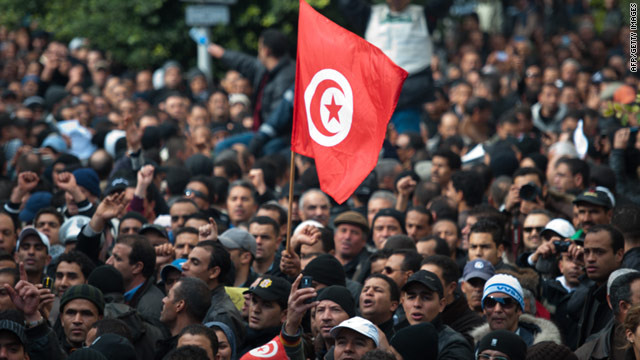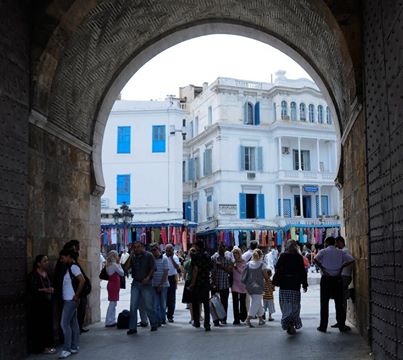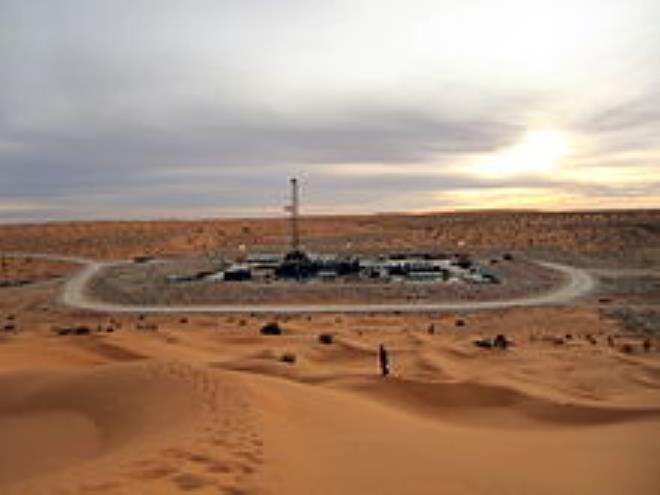 Tunisia is facing an acute economic and financial crisis with major macro-economic indicators on the red.
Tunisia is facing an acute economic and financial crisis with major macro-economic indicators on the red.
The country was hailed for its success to oust authoritarianism and establish a democratically elected government following 2011 events, but economically the country is suffering.
Growth was limited to 2.5% in 2018, less than the forecasted 3.1% despite the return of tourists to the country and the good agricultural yield.
The low growth rate comes against the backdrop of low exports, which further deepens the trade deficit to 19 billion dinars in 2018, that is a rise of 132% compared with 2010.
The Tunisian economy is not offering enough jobs to accommodate the rising demand notably among the youth. Only 27,600 jobs were created for the whole year of 2018 indicating hurdles facing enterprises and investments.
In consequence, unemployment rate grew to 15.5%, while youth unemployment stands high at 30%.
Inflation rose from 6.4% in 2017 to 7.5% with the poor and middle classes bearing the brunt of price hikes.
The degradation of economic indicators forced the country to mire in debt. Public debt currently represents 70% of GDP.



